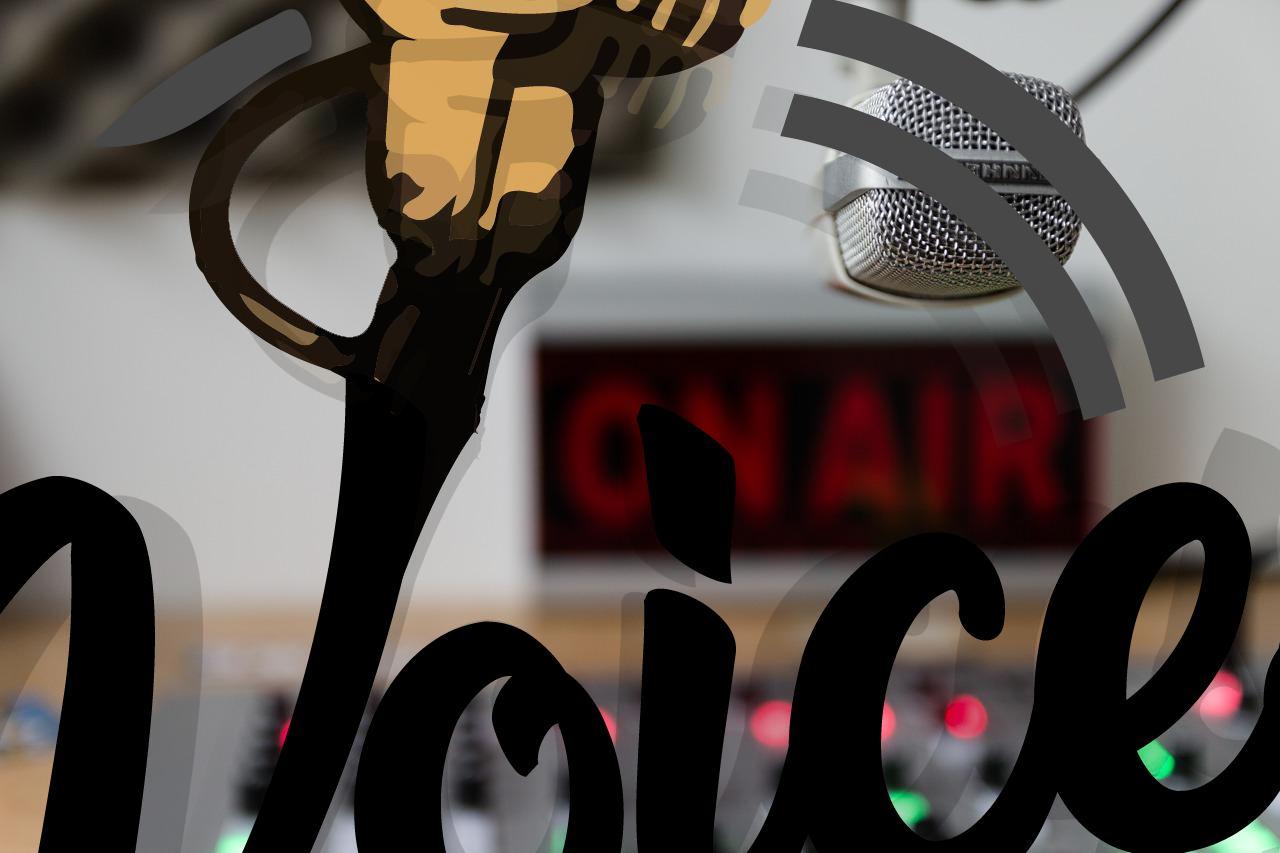Why You Can’t Now Get a Job as a Voice Over (and What You Can Do About It)
Are you successful at commenting but you don’t know it?
Want to change things? Here are three reasons not to book a job and four tried-and-true tips on how to land your first job.
Why can’t I get a job as a voiceover yet?
Here are three common areas where human nature can be fraught with danger.
• time
Have the time to stop everything and record a custom demo? For those of you who work at home, and are equipped with industry standard studio equipment, recording on demand can be as easy as creating a new session, putting yourself in front of your trusted mic, getting started, typing text at hand, in a browser window or even On the iPad, whichever works best for you.
This is great for talents with professional studios, but what about talents who don’t record professionally from home?
This is where a custom demo might go out the window.
I don’t want to be the bearer of bad news, but online recording software that simply allows you to use your computer’s internal microphone often turns out to be poor quality and incredibly difficult to enjoy from a customer’s point of view.
Depending on the nature of the technology available (I’m referring directly to online registration tools), registering in this way jeopardizes your chances of getting a job.
Immediately, you will encounter:
• deformation
• Low quality
• Low resolution (yes, that’s bad)
• Limited time to register
• Inability to edit the registry
• No record of registration on your PC
• Relying on a particular service to deliver lower quality audio
• Customers are unable or unwilling to share your demo with their colleagues
• Poor first impression of what you can do to the customer
If you have the option to record a really powerful custom demo with the right equipment, don’t be content to provide the potential client with an inappropriate sound and a bad first impression of your business. In most cases, if you’re not ready to score a sample script (and have the time and resources to do so), you may not be as interested in the job as you thought.
Remember, you have the opportunity to be the voice of a company or organization, so take that seriously. First impressions last on both ends of the spectrum. They’ve given you a good impression of their company, and now it’s up to you to keep track of your best self with a personalized demo of their project. Finally, we’ll go over one of the biggest hurdles some talents face when it comes to recording a custom demo. Usually selfish The mentality here is “I’ve been the voice of Super Agents, and I don’t need to prove myself to you”. This is a dangerous place to be for vocal talent trying to find a job. Yes, it may be true that there are many credits that refer to your unusual voice acting roles, clients, etc., but odds are that the majority of clients will have no conception of the breadth of your voice acting history – and in most cases, the hiring decision will simply not be made. Because of previous credits and influence of the individual as a voiceover phenomenon. It’s about how you serve the client and how you can serve the people responsible for them, not about the latest voice acting project you’ve stared in or the most recent national commercial you’ve taped. What does it take to achieve your goals.” -Thomas Edison Voice acting is harder than it sounds maybe because of reality TV shows like American Idol, everyone thinks they can be voice actors. To better understand why this is so, I invite you to examine the psychology behind it with me. Voice acting sure sounds like a great deal of fun, especially from a Hollywood perspective. Everyone smiles, hangs out in their normal clothes (pajamas in some cases), and walks happily into the recording studio on the noon crack recording for an hour or two, completing a whole day’s work during the lunch hour. People are able to stand there, move and release, and they are completely unconstrained by their surroundings. The characters seem to come out of nowhere and everywhere at the same time, resonating at different levels, the characters coming out in full force, and the conversations taking place in an ethereal atmosphere which is the “voice acting session”. That’s what the audience sees when the cameras roll to perform “behind the scenes” cutscenes on TV and limited-edition DVD excerpts. They don’t acknowledge her physicality, and they don’t understand how each sentence begins with deep breaths and proper positioning. Viewers don’t think about the spelling, the accents, the interpretation, the control, the attitude, the phrasing, the memorization, the recording process, or the labour of love that goes into developing a character with which people can relate. They don’t think about the strict health regiment that keeps the voice in good shape, the warm-up of the voice, or the way each of the voice actors’ instrument complements the rest of the cast. They’re not there for things that didn’t work, epiglottitis, or fits of coughing when the air gets too dry.

